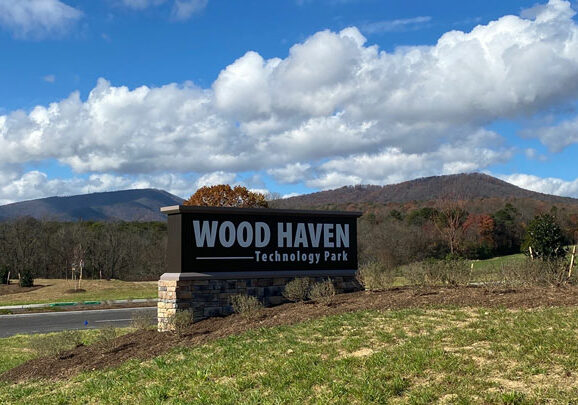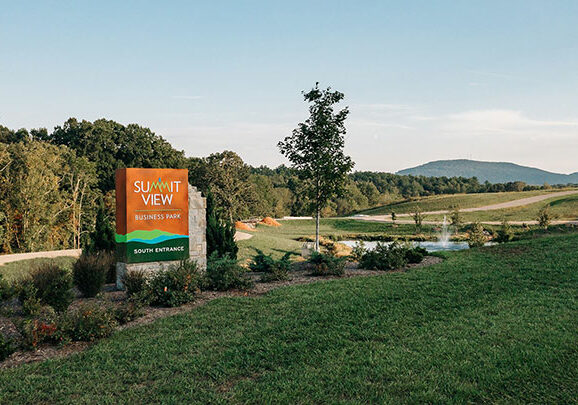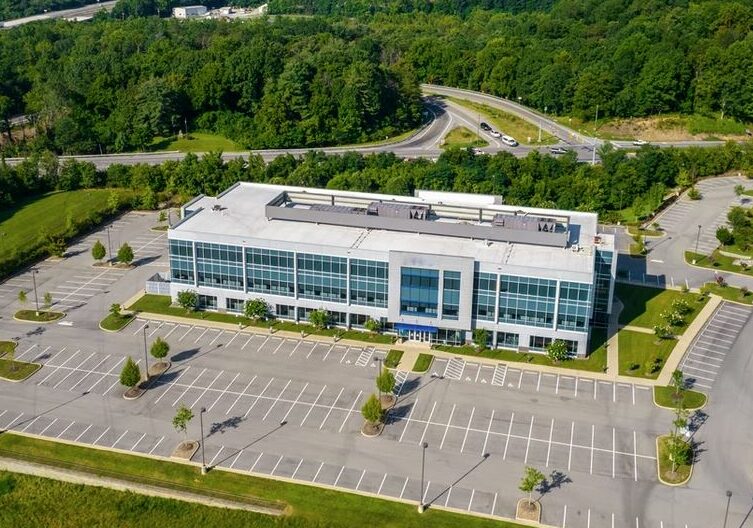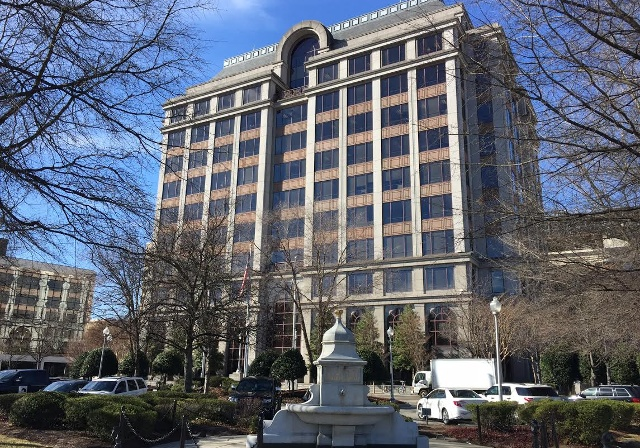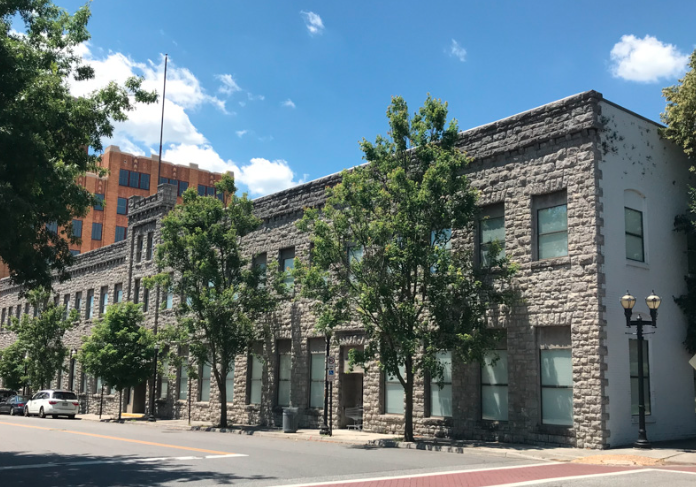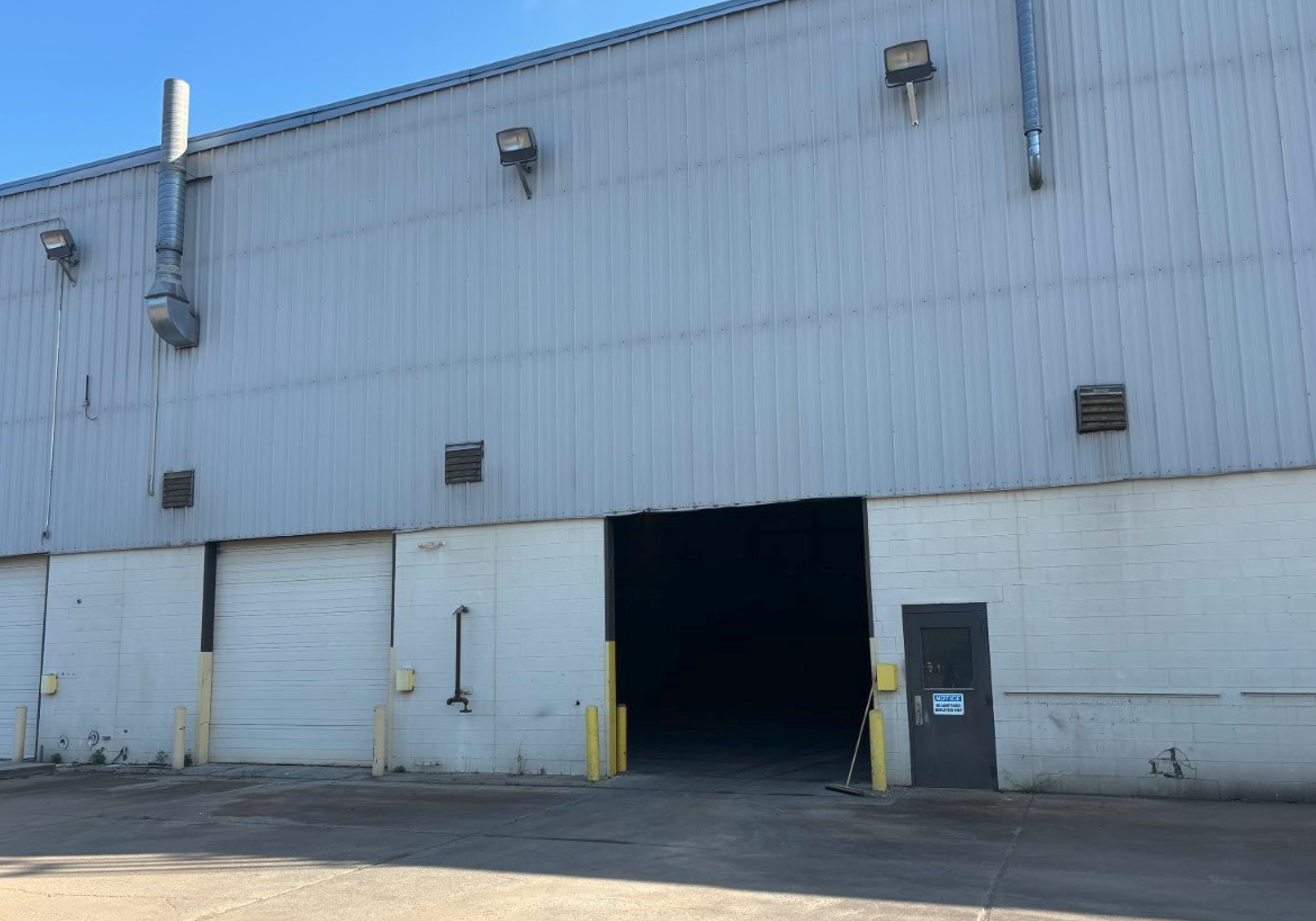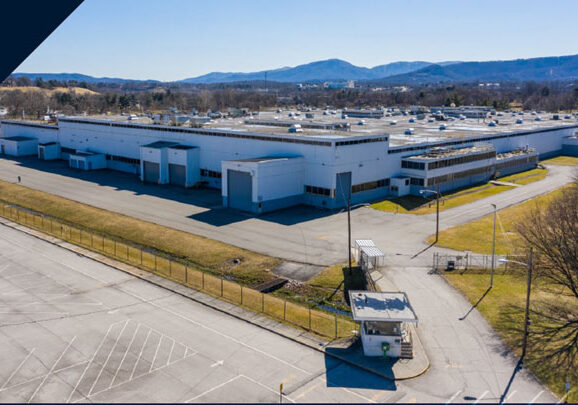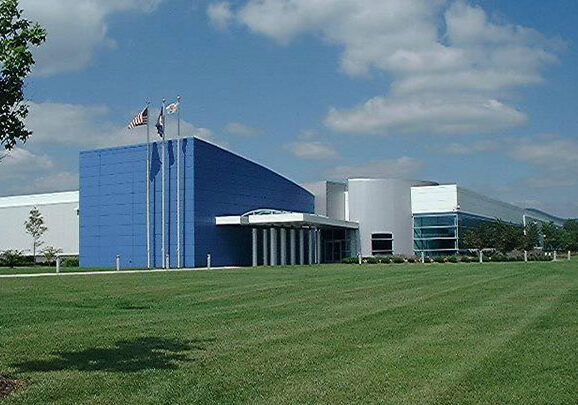Roanoke Region Tapping Into the Blue Economy
Will water become the defining factor in the future of economic development? That is the focus of a recent article in Area Development magazine by Dale Buss titled, “Water: The New Blue Economy?”
In his writings, Buss points to studies that say over 80 percent of large consumer-goods companies cited water availability and quality as a fundamental concern for their business. He also notes that companies are becoming less concerned about energy resources, and more concerned about water resources. The reasons for this change are myriad, ranging from concerns about climate change and the threat of severe drought – like what is currently happening in California – to water-rich states becoming more aggressive in marketing their abundant water resources, to a broader recognition of water husbandry and sustainability as good business practice.
While the article focuses on the Midwest, with its Great Lakes and low pressure on water resources, being the biggest beneficiary, the Roanoke Region is in great position to take advantage of this shift. While much of the South and mid-Atlantic suffers from over development and population growth when it comes to water resources, Roanoke does not have such concerns.
Water in the region is both abundant and cheap; Roanoke currently only uses 43 percent of its available daily supply of treated water, and rates are 17 to 22 percent below the state average. On top of that, freshwater in the region is sourced from the headwaters of the Roanoke River and is of very high quality, making it an even more attractive asset.
Roanoke’s water story has already placed it in great position to land major economic development projects in the industry where water matters the most: brewing. The Roanoke region made it into the final round of two large brewery projects over the past two years: Sierra Nevada and Stone Brewing’s East Coast expansion searches both included Roanoke. Craft brewers take enormous pride in the quality of their product, and water is the most important factor regarding that quality.
Roanoke is already home to water-intense food processing entities including Coke and Pepsi bottling operations, a range of nano- and micro- breweries, and many baking, meats, and snack food businesses. But it is not just those industries that rely heavily on water that are concerned about resources drying up.
“It’s becoming more important not only to industrial companies that use significant water supplies in their operations, where it would be a key item anyway, but also for other operations such as offices and distribution centers and R&D facilities where water isn’t crucial to their operations,” Larry Gigerich, managing director of Ginovus, an Indianapolis-based site consulting firm, told Area Development. “In fact, companies’ biggest concern from a natural resource point of view these days isn’t energy, because they’re feeling more comfortable about supplies. The concern now is water, which will really have an impact in the future.”
The Roanoke Region’s abundance of cheap, quality freshwater puts it in prime position to capitalize on the changing priorities both now and in the future. When combined with low business costs, strategic location, and high quality of life, Roanoke’s water supply is a major part of Roanoke’s appeal to a wide range of industries.
As water resources become scarcer, and therefore more important, to companies seeking to locations for their business, the region’s water story will only become that much more attractive.
